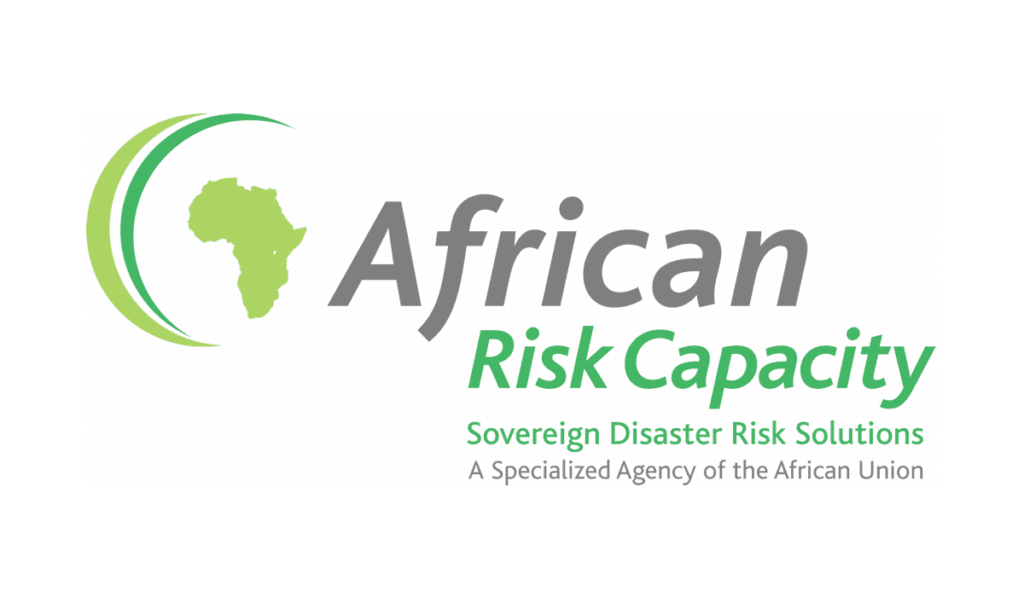ARC pays out $32m as Zimbabwe’s parametric drought insurance triggers

The African Risk Capacity (ARC) Group, a provider of parametric disaster insurance products and risk pooling for countries and other entities in Africa, has made a US $32 million payout to benefit Zimbabwe after the parametric drought cover was triggered.
We’d reported back in April that the African Risk Capacity (ARC) was expecting a severe drought across the southern African region to trigger its parametric insurance policies for at least four countries.
Zimbabwe has received $16.8 million in parametric insurance payout and organisations buying the replica parametric insurance product also made recoveries, with the United Nations World Food Programme (WFP) and Start Network getting payouts of US $6.1 million and US $8.9 million respectively.
Hon. Prof. Mthuli Ncube, Zimbabwe’s Finance Minister, commented, “This payout ceremonies marks a monumental occasion in our joint endeavours to mitigate the adverse impacts of climate change and solidify our nation’s resilience to this threat. The payout will help 509 000 vulnerable households in 27 districts, and our goal is to reach and cover even more people in the coming seasons.”
“I commend the Government of Zimbabwe for their prudent decision to collaborate with the ARC Group to mitigate the impacts of drought in the country. Today, we gather to showcase ARC’s interventions to this historic and unprecedented drought in the history of the country,” added H.E. Dr Anthony Mothae Maruping, ARC Group Chairperson.
“We are honoured to stand with the Government of Zimbabwe and our partner organisations during this time of crisis,” said Lesley Ndlovu, CEO of ARC Ltd. “The impact of such disaster events goes beyond the immediate socio-economic costs and compounds the vulnerability of many farming communities. The insurance payouts are testament of the value of the ARC instrument in facilitating early response.”
The payouts are expected to help Zimbabwe’s population recover from a failed growing season this year, with several crop failures captured by ARC’s risk model.
The country has been facing severe food insecurity after a prolonged dry spell largely triggered by the prevailing El Niño conditions in the region. The parametric insurance payouts will support recovery efforts and help the government reach the most affected populations.
“The southern African region received less than 20% of its typical rainfall, resulting in one of the driest growing seasons. The impact on the agricultural sector has been devastating,” said Ibrahima Cheikh Diong, UN Assistant Secretary General and ARC Group Director General. “The ARC Group stands with the Government of Zimbabwe that continues to demonstrate its willingness to strengthen its preparedness to respond to such catastrophes”, he continued.
“We are deeply concerned by the severe drought that is affecting Zimbabwe and the suffering it is causing, we are grateful to our donors for enabling our support for the ARC Replica programme. We value the strong collaboration with ARC Ltd. and the Government of Zimbabwe in jointly tackling this emergency. Alongside Start Network members, we are committed to effectively serving the people of Zimbabwe through these challenging times,” explained Anna Farina, Start Network’s Head of Crisis Anticipation and Risk Financing.
“Communities who contribute the least to the climate crisis are suffering the most from its effects, with limited means to cope,” said Lola Castro, acting WFP regional director for southern Africa. “ARC Replica is pre-arranged risk financing solution that enables timely humanitarian assistance, alleviating the burden on communities at the frontline of the climate crisis.”
“The ARC payout is a vital lifeline for communities in Zimbabwe facing the devastating impacts of the El-Nino-induced drought. This time support will enable us to provide essential food assistance and prevent negative coping strategies, ensuring that vulnerable populations can withstand the difficult circumstances,” also commented Francesca Erdelmann, WFP Country Office and Representative for Zimbabwe.






